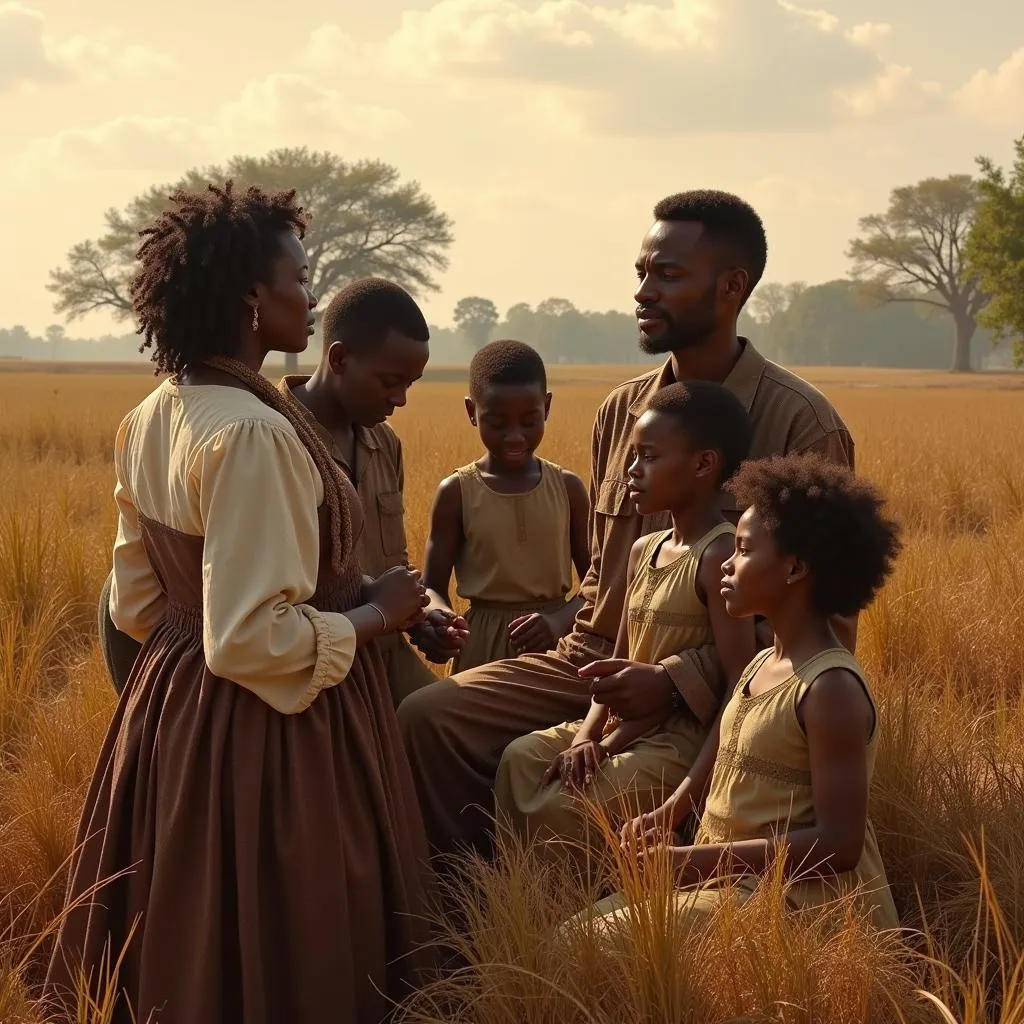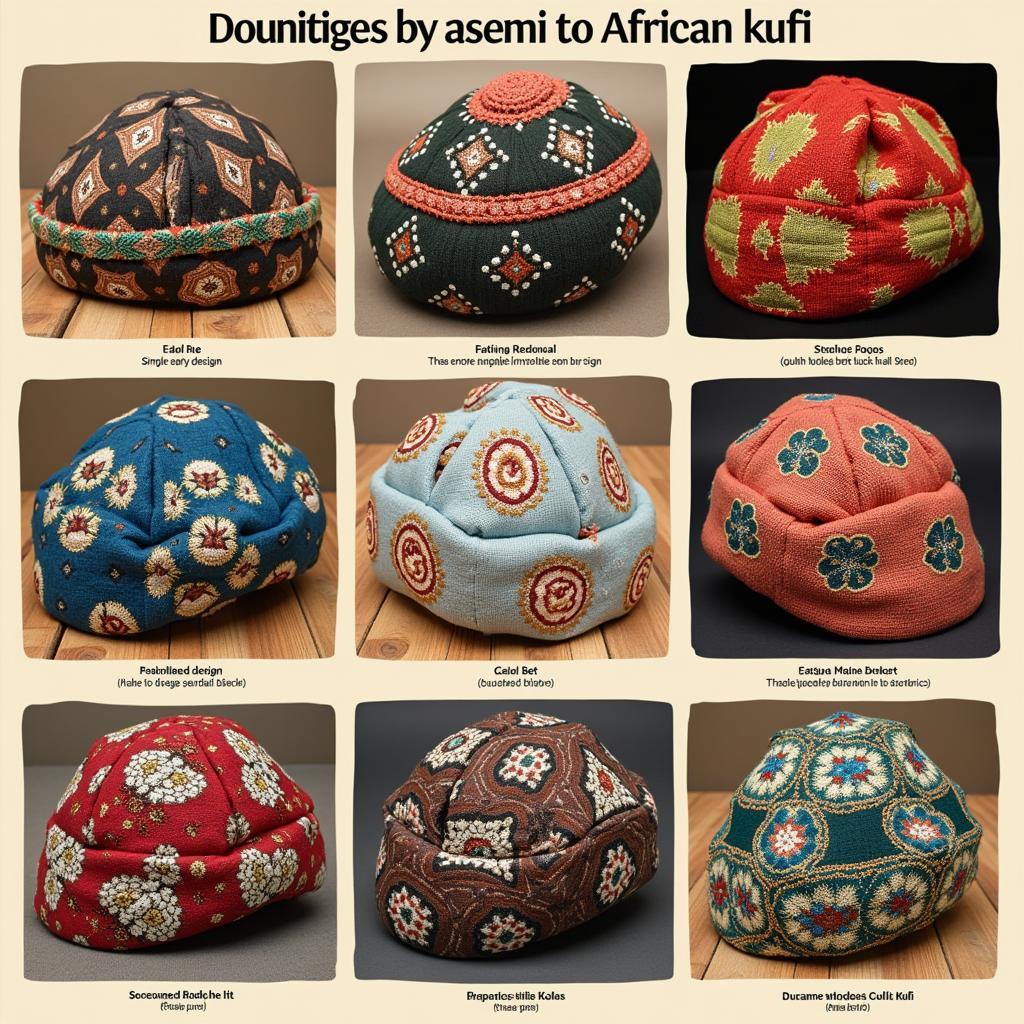The Roaring Reality: Understanding the African Lion Population
The African lion, a symbol of power and majesty, is facing a worrying decline in its population. These iconic predators, once roaming the vast savannas and woodlands of Africa, are now confined to ever-shrinking pockets of their historic range.
Factors Impacting the African Lion Population
The decline of the African Lion Population is attributed to a complex interplay of factors, each contributing to the vulnerability of this apex predator.
Habitat Loss and Fragmentation
As human populations expand, lion habitats are increasingly converted to agricultural land, settlements, and infrastructure. This habitat loss and fragmentation isolate lion populations, reducing genetic diversity and making them more susceptible to disease and other threats.
Prey Depletion
Lions rely on a healthy prey base for survival. However, overhunting of herbivores by humans, both for subsistence and commercial purposes, reduces the availability of food for lions, leading to starvation and population decline.
Human-Lion Conflict
As lion ranges shrink and overlap with human settlements, conflicts between lions and people become inevitable. Lions may attack livestock, leading to retaliatory killings by communities.
Trophy Hunting and Poaching
While regulated trophy hunting can contribute to conservation efforts by generating revenue for anti-poaching initiatives, poorly managed hunting practices and illegal poaching can severely impact lion populations.
Climate Change
Climate change is exacerbating existing threats to lions. Droughts and extreme weather events can reduce prey availability and alter lion behavior, making them more vulnerable to conflict with humans.
Conservation Efforts
Recognizing the dire situation, various organizations and governments are working tirelessly to conserve the African lion population.
Protected Areas
National parks and reserves provide a safe haven for lions and other wildlife. Anti-poaching patrols and habitat restoration efforts within these protected areas help to mitigate threats and allow lion populations to recover.
Community-Based Conservation
Engaging local communities in conservation initiatives is crucial for long-term success. By providing alternative livelihoods, promoting sustainable land use practices, and fostering human-lion coexistence, these programs empower communities to become stewards of lion conservation.
Translocation and Reintroduction
Translocating lions between fragmented populations can help to increase genetic diversity and bolster dwindling numbers. Reintroduction programs aim to re-establish lion populations in areas where they have been extirpated.
Research and Monitoring
Scientific research is essential for understanding lion behavior, population dynamics, and the effectiveness of conservation interventions. Monitoring lion populations through surveys and tracking studies provides valuable data to inform conservation strategies.
The Future of the African Lion
The future of the African lion hangs in the balance. While the challenges are daunting, the collective efforts of conservationists, governments, communities, and individuals offer a glimmer of hope. By addressing the threats facing lions and implementing effective conservation measures, we can ensure that these magnificent creatures continue to roam the African landscape for generations to come.
FAQs
What is the current estimated population of African lions?
The estimated population of African lions is around 20,000 – 30,000 individuals, a significant decline from historical numbers.
What can I do to help conserve African lions?
You can support conservation organizations, spread awareness about the threats facing lions, and make sustainable choices that reduce your impact on the environment.
Are there any successful lion conservation stories?
Yes, there are several examples of successful lion conservation initiatives, such as the reintroduction of lions to Akagera National Park in Rwanda and the growth of lion populations in some parts of southern Africa.
What are the biggest threats to lion cubs?
Lion cubs face numerous threats, including predation by other animals, starvation due to prey scarcity, and human-wildlife conflict.
How can I learn more about African lions and their conservation?
Numerous resources are available online and in libraries, including websites of reputable conservation organizations, scientific articles, and documentaries.
Need More Information?
If you require further information or assistance, please feel free to contact us:
Phone Number: +255768904061
Email: kaka.mag@gmail.com
Address: Mbarali DC Mawindi, Kangaga, Tanzania
Our dedicated team is available 24/7 to assist you with any inquiries related to African wildlife and conservation efforts.




